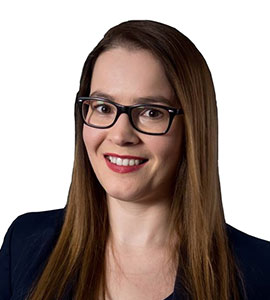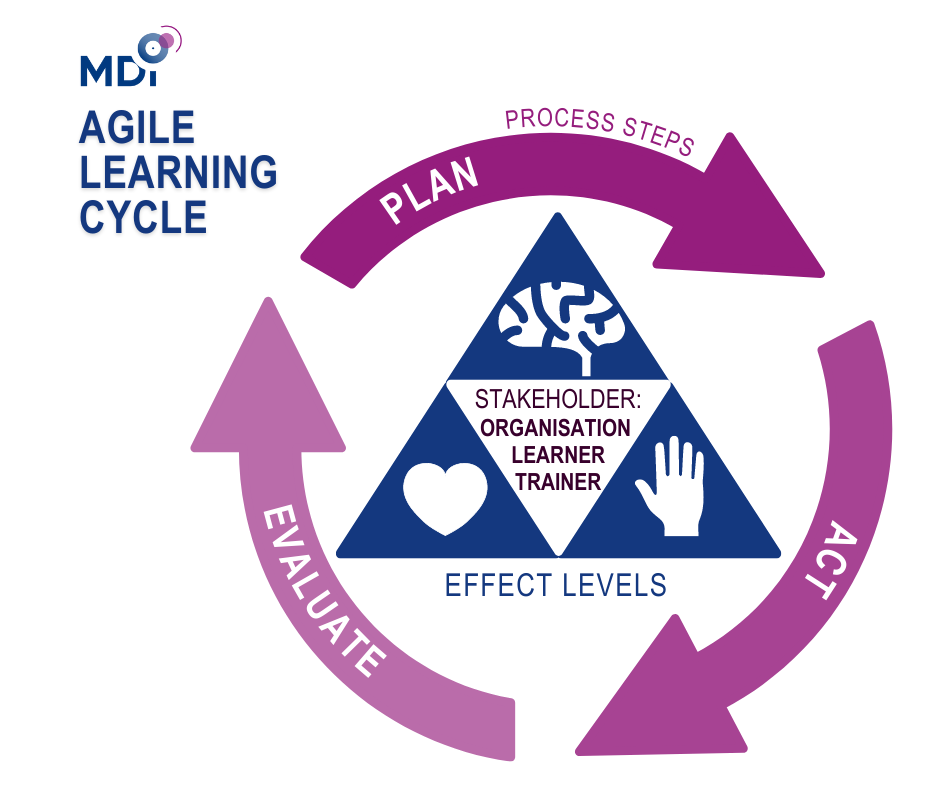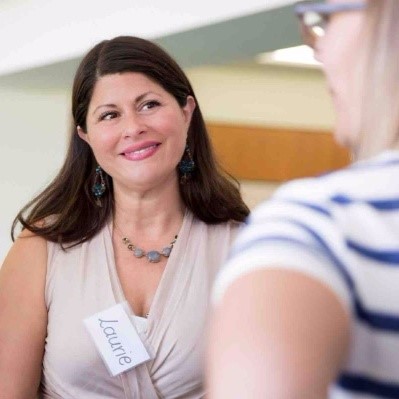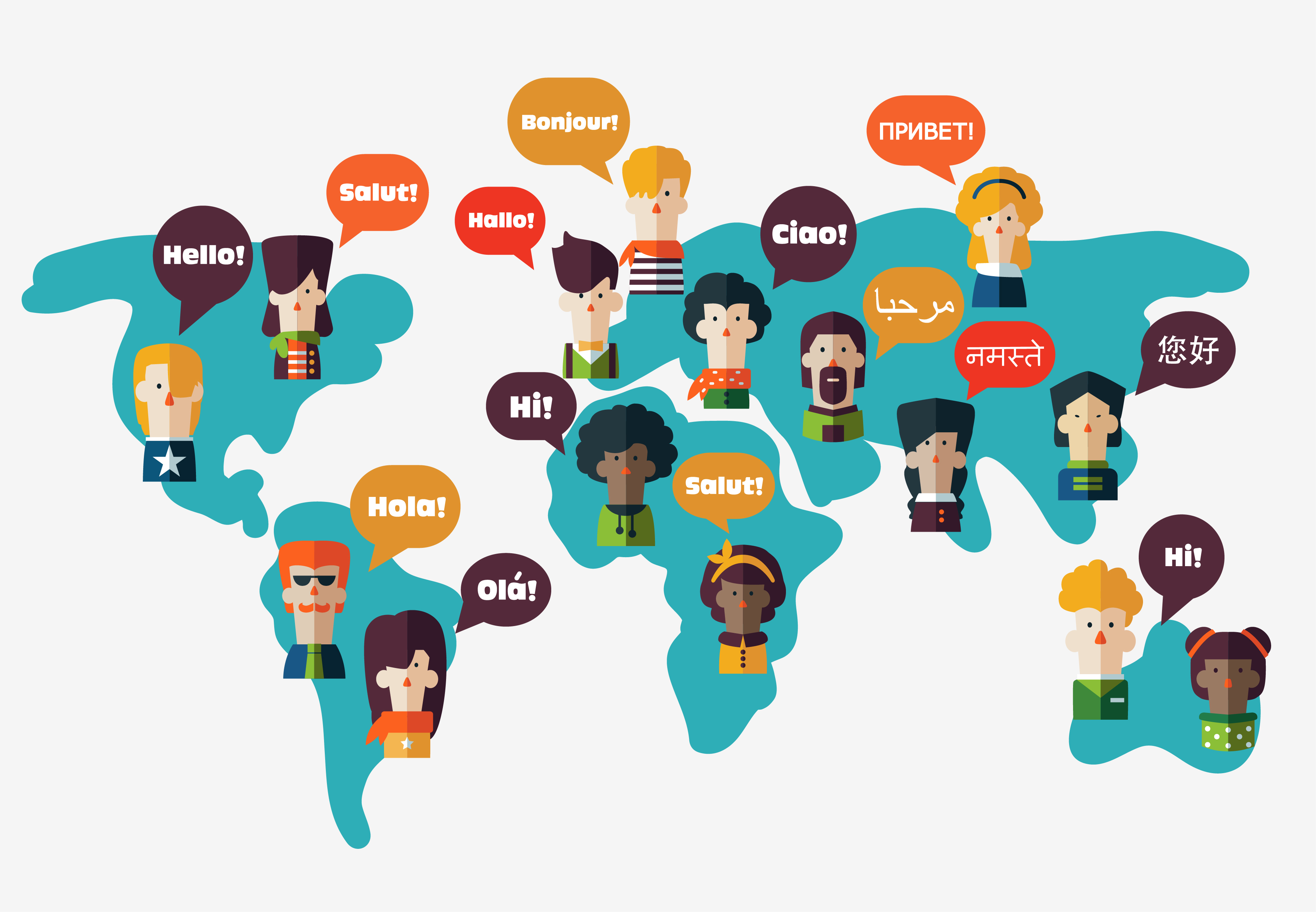
Dubai, Madrid and soon Bangkok – around the world with MDI
Turbulent camel rides in Dubai, a heated scavenger hunt at the Madrid Palace and an exciting business rally
our L&D Consultants Marina Begic, Nicole Altenberger and Alina Helmlinger have experienced quite a bit over the past few months. Here they describe how it all came about, what exactly they did there, and what’s awaiting next for them…
Dubai, Madrid and soon Bangkok – around the world with MDI
Pitch
In late November 2021, we were invited by a client to participate in an RFP for 4 regional meetings – an event of sales executives. Since this was a newly acquired company that we hadn’t worked with before, we didn’t think our chances were particularly high. In most tenders there is time pressure, we know that. Despite the end of the year, the high implementation risk (first major f2f events after Corona) and the usual pre-Christmas stress, we accepted the challenge. After all, this is exactly our playground 😉
At the pitch, we were able to convince them with an innovative presentation using an e-learning tool and a concept based on the 70-20-10 model, where the focus is on maximum practical benefit and integrated transfer assurance.
Here our agile mdi mindset was really beneficial. After receiving the confirmation that we won the project, we were asked to start the planning right before Christmas – which was also new for us 😉
Scope clarification
The detailed program was developed in close coordination with an internal project team and adapted to the current needs of the Western Europe+Canada and Africa+Middle East regions. The conference program was developed around the following guiding themes:
Leadership
High Performing Teams
Coaching
Here we were able to apply our experience from years of international rollouts and demonstrate our leadership development expertise. It was important for us and the international project team to always keep the key themes in mind, while at the same time considering the needs of the regions. To this end, regular project meetings were held with international and regional working groups during the cocreation phase, which lasted approximately 4-5 months. A quick response, high passion and motivation of all participants characterized the cooperation.
In the end, we had an exciting 2-day program filled with keynotes, panel discussions and goal-oriented activities- in addition to content inputs, there was also an experience factor.

Empowerment
In the course of working with up to a total of 100 people, we were not only able to get to know the needs of the clients very well, but also the corporate culture. Thus, content and activities were created with and by all project members. The goal was to involve the target group as much as possible, both in the cocreation phase and then on stage itself.
The overall concept was developed with three levels of impact in mind:
Head
Hands
Heart
The interaction of these three levels of impact can be seen in this graphic.
The guiding themes of all events were identical, but based on cultural, corporate and situational backgrounds, the agenda was customized and tailored to the group of people on site.
Learning Objectives
The project was designed to address the following leadership learning objectives:
- Leaders who think strategically and lead their companies with strong business acumen
- Leaders who manage their company through their people and develop high-performing teams
- Leaders who are flexible in their approach to inspire, coach and bring out the best in each member of their team

Agenda
A varied agenda with a mix of diverse methods provided the framework for exciting exchanges and experiential values:
- Key Notes: Plenary on stage in front of all participants. A mixture of theoretical content and company-specific context. The goal is to inspire and creatively engage the audience.
- Involvement of the audience in the plenary: to get audience input, participants were invited to share their assessment & opinion via “Slido” – in this case it was supported via the project’s own created app and QR code.
- Activities: participants were actively involved in the implementation and experienced the impact/ content first hand.
- Panel discussions: with key players within the company to facilitate translation into the company’s internal context. An interactive discussion to facilitate reflection and learning after the content and activities targeting key insights for the audience.
Individualization: Where were the differences ?
Although, it was the same client and there was a common theme and goal, it was exciting for us to observe the importance of individualization for the two regions Western Europe+Canada and Middle East+Africa. To achieve maximum impact, the “Heart” impact level was addressed more in Dubai and “Head” in Madrid. Both had a lot of “Hand” in common.
Dubai: (Midde East+Africa)
- Target group: first Head of Sales, then changed to Crossfunctional teams (Finance, Marketing, Sales, Legal, HR, etc) and General Managers
- Needs: new leadership, new composition of regions, networking between countries and functions in focus
- Way of working: more agile, fast paced, short preparation time, no prework, longer transfer period
- Social program: desert safari, saxophonist, gala dinner in the desert, camel riding, falcons, drumming workshop
Madrid: (Western Europe+ Canada)
- Target group: Head of Sales, General Managers
- Needs: to stay on the road to success, to strengthen the sales leadership force
- Way of working: meticulous, longer preparation, extensive prework with thematic newsletters and tasks.
- social program: scavenger hunt at the palace, evening event with exquisite dinner in an exclusive vineyard. Here we had our crowd favorite Gia Helena with us as Master of Ceremonies, who kept the audience of around 100 people in good spirits.
High competition factor
What was even more striking with the target group of sales executives was the competition factor. Not only did the content of the event have to be perfectly aligned with the current needs of the respective region under the global guiding themes, but it also had to be entertaining and produce clear winners. For this target group, we not only added competition components to the activities, but also designed a business rally

Here is a brief summary of our main activities:
Trust Walk
An interactive and entertaining activity that makes aspects of “high performance teams” tangible (in the sense of: own experience beats theory). It bridges the gap between “knowing” (logic) and “feeling” (emotional understanding), so that the inspiration to act (practical relevance) makes sense in the upcoming event elements (panel discussion, leadership camp). The focus is on generating experience, as a course has to be completed in different roles (leader, follower, observer) – with varying degrees of difficulty.
Coaching Game
This activity focused on learning the purpose of coaching and the benefits of coaching conversations. To raise awareness of coaching as a leadership tool and peer-to-peer empowerment and to get a “hands-on mindset” by having the opportunity to coach yourself in a small setting of 4 people, with the support of self-created card sets, with appropriate, challenging and pointed coaching questions. Participants are given the opportunity and the right framework for self-reflection as a leader.
Business Rally
Based on a scavenger hunt, company-relevant content was transformed into an entertaining and fast-paced business rally. The leader supports their groups to apply skills to address leadership challenges (behaviors from the CDF supported by experiential learning). The fun factor is supported with the help of a fictional frame story and with a competitive situation, ambition came out in all participants.
Leadership Camp
This activity is about deriving the content into actionable and concrete action steps (action steps in the areas of leadership, coaching and high performing teams). The goal is to achieve a definition of actions and key results for the next few months within a region. This 2-hour workation is used intensively and the results are presented in plenary – which are quite impressive. With this last activity all participants are motivated to start the implementation in their respective countries.
Our learnings
- Match the right people with the right skills to the project parts
- Stick to the time and the project plan
- Be flexible with the content and react to the audience´s needs
- Always celebrate the milestones and the successes
81% NPS
We are highly motivated after these energetic events and thankful that face-to-face events are possible again. Looking back, “Teamwork makes the dream work” – and the intensive preparation time more than paid off. It was great to see how the thread of content ran through both regions – we took individual wishes into account and can therefore look back on two successful events. The cooperation of all participants as well as the co-creation with the content experts made a state-of-the-art event possible.
From the Team MDI we were actively supported by: Helena Gia Gutierrez, (Moderation Madrid), Peter Grabuschnig (Activity Manager Dubai & Madrid), Alina Olar (Project Management), Marilena Maris (Key-Notes), Ursula Weixlbaumer-Norz (Business Rally)
This is also reflected in a Net Promoter Score, a recommendation rate of 81%.
We thank you for your trust and are already looking forward to the roll-out in the regions – Bangkok, here we come 🙂


Marina Begic
Digital Business Development Expertin und Senior L&D Consultant
Marina has been working on new, effective learning methods and the future of corporate learning for over 15 years. In her current role, she is responsible for Digital Business Development at MDI, where her focus is not driven by the current buzzwords, but primarily on the feasibility of digital transformation for clients such as Erste Group, Lenzing, Semperit, Deutsche Bahn, Andritz AG, Uniqa, Mayr-Melnhof, Frequentis, RHIM. Her greatest strength is bringing loose ends together, which she impressively demonstrates time and time again with her big picture view and multi-dimensional approach. Her greatest passion is to provide learners not only with an experience, but also with real, lasting value for their real challenges.

Nicole Altenberger, BA
Senior L&D Consultant
Since 2020 Nicole has been accompanying leaders and companies from all over the world on their journey and supports them in the creation and tailoring of suitable training and development measures. This highly diversified work has resulted in numerous different settings, in which she has had the opportunity to learn the most effective and target-oriented methods. In doing so, the personal learning experience has not been neglected either. Her clients include companies such as Agrana, Albelli, Coca-Cola, Erste Group, Frequentis, Migros, OMV, Rewe, RHI Magnesita, Swarovski, Voestalpine, Wienerberger. Her interest in the area of Learning & Development was deepened during her studies in “Business Consultancy International” and substantiated by relevant work experience within an internationally active group. Already at a young age Nicole Altenberger is one of the top Learning & Development Consultants at MDI and runs her own team.

Alina Helmlinger, MA
L&D Consultant
Since 2021, Alina has been working as an L&D Consultant at MDI and supports clients from various industries in the customized design of various management development programs and trainings. In addition to her practical knowledge and the experience she has already gained in the field of development, she can draw on sound theoretical knowledge from her Bachelor’s degree in Human Resources Management and her Master’s degree in Organizational and Personnel Development, which she successfully completed in June 2022. Alina maintains her balance, especially in challenging situations, and manages to reconcile the interests of different stakeholders in complex projects, enabling her to design tailor-made HR solutions that are aligned with the needs of her customers.
What serves you next?
Digital training formats for leadership development
We help make leadership development more agile with our digital training formats:
- E-learnings
- e-consulting
- Blended Learning Journeys
- Virtual Leadership
- virtual reality
- digital learning transfer
– we have just the right thing for your needs!
















